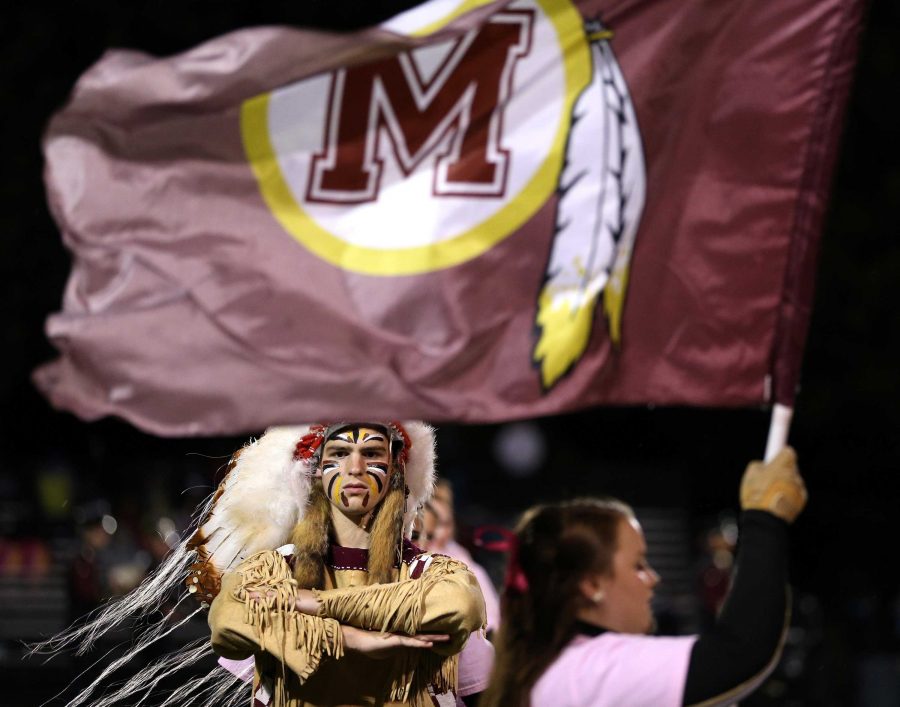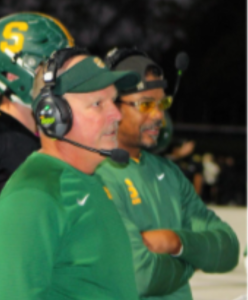Guide to non-offensive Halloween costumes
“The most frustrating part to me is, there are so many other things you can dress up as for Halloween,” Keene said. “You can be a freaking sexy scrabble board for goodness sake. But why does your fun have to come at the expense of my well-being?”
October 20, 2014
Celebrities and ordinary people are criticized every year for offensive costume choices. It is an issue that comes up yearly around Halloween.
Last year, Julianne Hough made news for her “Orange Is The New Black” costume, which featured her wearing blackface—black face paint imitating the skin of black people.
She later apologized, saying that she didn’t mean to be “disrespectful or demeaning in any way.”
People often use similar defenses when called out on having offensive costumes. They claim that they “didn’t know” or “did not mean to be offensive.”
A group of students at Ohio University have a yearly poster campaign to bring awareness to the offensive nature of certain costumes. The “We’re a culture, not a costume” campaign, “strives to promote awareness, dialogue and understanding about racism.”
Last year at Senior Halloween, the administration added new rules to prevent students from wearing offensive costumes. All costumes are required to be “culturally sensitive” and “anyone who is dressed inappropriately will be sent home.”
However, these new rules proved not to be enough, as a group of students dressed as Native Americans were allowed to go through the day without obstruction.
Furthermore, multiple students do not see the need for such preventative measures and state that such rules are restrictive to free expression on Senior Halloween.
To members of minority ethnic groups, however, such costumes are more than others’ free expression.
“By dressing up as a fake Indian, you are asserting power over us, and continuing to oppress us,” author of NativeAppropriations.com, Adrienne Keene said on her blog. “These costumes are hurtful and dangerous because they a false and stereotyped image of Native people.”
Costumes of ethnic or racial groups are not the only type of costumes considered offensive, however. Dressing as a stereotype of a sexual orientation, domestic abuser or victim, or a victim of a tragic event can all be considered “offensive” costumes.
When Senior Halloween arrives on Thursday, Oct. 23, students will decide what costumes to wear, as well as the impact they will have on the people around them.







